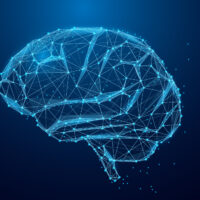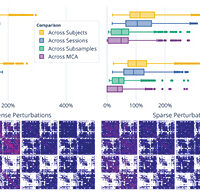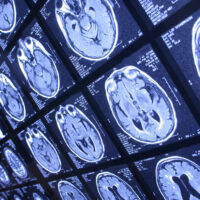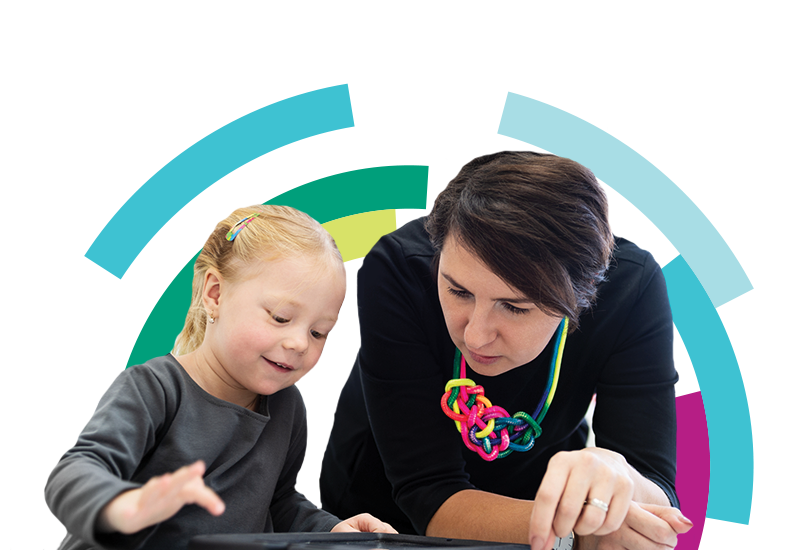Lo sentimos, la página que usted busca no se ha podido encontrar. Puede intentar su búsqueda de nuevo o visitar la lista de temas populares.
Science
Center for Strategic Partnerships
Raising awareness of the mental health risks of technology and the importance of digital well-being.
The Child Mind Institute is intent on being a driving force for the responsible development and implementation of digital solutions in the emerging field of health tech by serving as a hub for outreach, expert convening, and thought leadership. Our work spans the landscape, from understanding the risks presented by existing technology to promoting research that informs the safe and appropriate development of digital solutions for mental health care.
The Importance of Digital Well-being
As part of our mission to transform children’s lives, we are relentlessly pursuing solutions to one of the defining public health crises of our time — a youth mental health crisis. The statistics tell a distressing story. In 2023, twice as many teens went to the ER for self-harm and suicidality as did in 2017.
Researchers, parents, and policymakers are focused on technology’s widespread presence in young people’s lives. Our researchers are taking an “ecological approach,” studying their daily behavior using social media, smartphones, and games to understand technology’s influence and advance informed, evidence-based safeguards. In this way, we are learning what constitutes digital wellness: promoting positive digital experiences while addressing potential negative impacts of excessive or unhealthy technology use.
Our Partners
We collaborate with a variety of partners across the growing healthcare technology ecosystem.

Media Library
How Mapping Thoughts to Specific Activities Can Influence Our Overall Health and Well-Being
Researchers examine how our surroundings and everyday social interactions affect our thought patterns.

U.S. Study Finds Black Patients to Receive the Highest Rates of Psychotic Disorder Diagnoses
Scientists assess inequalities in the incidence of psychotic disorders among different racial and ethnic groups.

‘Mystical’ Experience Using Psychedelics May Improve Mental Health
Scientists study how LSD and natural psychedelic substances affect anxiety and depression symptoms.

How Differences in Processing Reliability Can Hinder Advancement in Neuroimaging
Examining how cross-tool differences can distort our ability to detect individual variations, and advance the field.

Embracing Computational Errors to Create More Predictive and Generalizable Biomarkers
Exploring how computational errors can be leveraged to improve models of brain networks.

Computational Errors Could Have a Negative Impact on the Ability to Study Brain Networks
Identifying the effects that random unavoidable computing errors have on developing reliable models of brain-phenotype relationships.

Preprint on Phenotypic Reliability
Achieving better biomarker discovery for a fraction of the cost of large-scale samples.

Groundbreaking Study Predicts Mental Health Outcomes via Pandemic-Induced Stressors
Evaluating the impact of the Covid-19 pandemic on the mental health of adults and children.

Stay Updated
Stay informed of new publications and events from the Science and Engineering team.
"*" indicates required fields
Questions about our work? Contact Us
